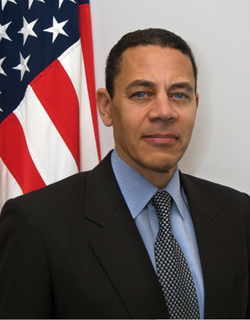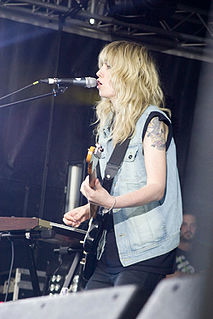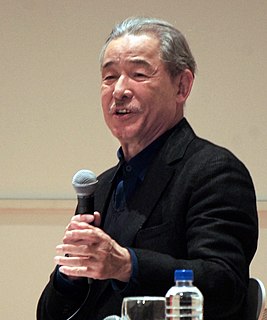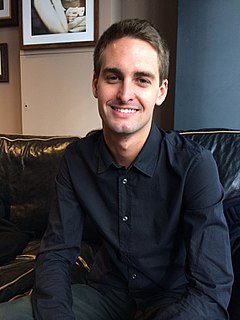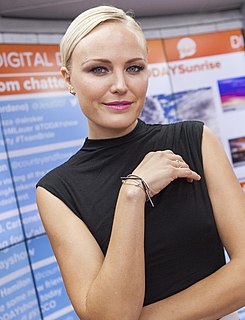A Quote by Amy Cuddy
Technology is transforming how we hold ourselves, contorting our bodies into what the New Zealand physiotherapist Steve August calls the 'iHunch.' I've also heard people call it 'text neck,' and in my work, I sometimes refer to it as 'iPosture.'
Related Quotes
What made so many people so upset when Steve Jobs died was that he was a kind of combination of daddy - in this relationship between the machine and ourselves - and also he was our guide. He was the one who led us to look into the mirror. He created these devices that became extensions of ourselves. Suddenly, he wasn't going to hold our hand as we went from product to product, which became increasingly about who we were.
Warp speed developments in technology - automation, artificial intelligence, and the arrival of the sharing economy - are transforming how we work. Beyond technology, traditional working patterns are also being disrupted by changes in society, organizations and workforce management, leading to the rise of a more independent and dispersed workforce.
Our amended Constitution is the lodestar for our aspirations. Like every text worth reading, it is not crystalline. The phrasing is broad and the limitations of its provisions are not clearly marked. Its majestic generalities and ennobling pronouncements are both luminous and obscure. This ambiguity of course calls forth interpretation, the interaction of reader and text. The encounter with the Constitutional text has been, in many senses, my life's work.
I try to return my calls but I get inundated with emails and I can't answer them all. So often, I have to refer to them my webpage and the frequently asked questions or refer them to the books. But if they take the time to call me, I try to call back. You know, I am really busy, but just happened to have an hour in the hotel room and had some time before I have to meet some people about 20 minutes.
I have always been interested in conducting research that yielded new methods by which to make cloth, and in developing new materials that combine craftsmanship and new technology. But the most important thing for me is to show that, ultimately, technology is not the most important tool; it is our brains, our thoughts, our hands, our bodies, which express the most essential things.
Embedded in every technology there is a powerful idea, sometimes two or three powerful ideas. Like language itself, a technology predisposes us to favor and value certain perspectives and accomplishments and to subordinate others. Every technology has a philosophy, which is given expression in how the technology makes people use their minds, in how it codifies the world, in which of our senses it amplifies, in which of our emotional and intellectual tendencies it disregards.
I think that our work and our music stands on its own without this knowledge about our identity around it. But I also think that we very consciously decided not to hold back that part of ourselves, but to be very vocal about who we are, kind of what experiences we've had in life, and how we identify.




